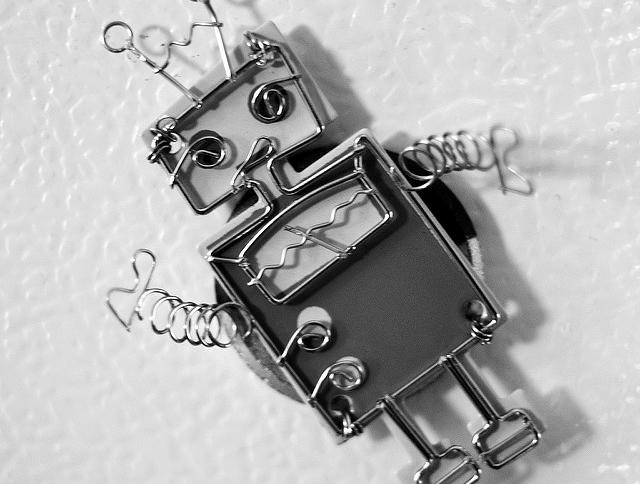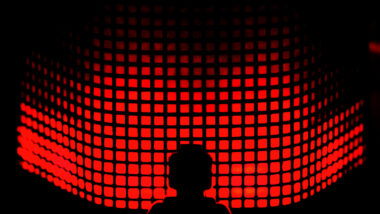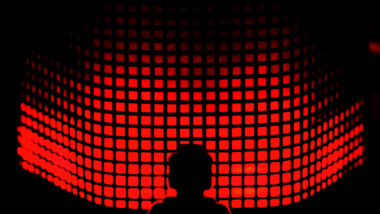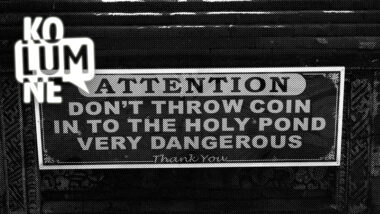Was ist eigentlich ein Roboter, und wer entscheidet darüber? Gestern veröffentlichte Adrienne LaFrance bei The Atlantic den ausführlichen Artikel „What is a Robot, Really?“ und stellt darin ebendiese Fragen. Sie thematisiert die Geschichte von Robotern, den frühen Umgang von Menschen mit Robotern und ihre popkulturelle Darstellung. Sie fragt nach dem Unterschied zwischen „bots“ und „robots“ und lässt Expert_innen erklären, was einen Roboter ausmacht.
For a robot to be a robot, many roboticists agree, it has to have a body. „Something that can create some physical motion in its environment,“ said Hadas Kress-Gazit, a roboticist and mechanical engineering professor at Cornell University. „It has the ability to change something in the world around you.“
Schließlich wirft LaFrance einen Blick in eine Zukunft, in der es keine Unterscheidung zwischen on- und offline gibt und alles mit dem Internet verbunden ist.
While robots are poised to help improve and even save human lives, people are left grappling with what’s at stake: A robot car might be able to safely drive you to work, but, because of robots, you no longer have a job.
Sie thematisiert das Design von Robotern, das diese möglichst sympathisch wirken lassen soll – so haben Menschen weniger Angst vor ihnen.
The infantilization of technology is a way of reinforcing social hierarchy: Humankind is clearly in charge, with sweet-looking technologies obviously beneath them.
Schließlich sei eine breite gesellschaftliche Debatte über Autonomie wichtig sowie die Erkenntnis, wie viel Einfluss Roboter heute schon auf unser Leben haben.
Robots are everywhere now. They share our physical spaces, keep us company, complete difficult and dangerous jobs for us, and populate a world that would seem, to many, unimaginable without them. Whether we will end up losing a piece of our humanity because they are here is unknowable today. But such a loss may prove worthwhile in the evolution of our species. In the end, robots may expand what it means to be human. After all, they are machines, but humans are the ones who built them.





Interessantes beim letzten Unfall des Guugelautos ist manchem entgangen. Hier hat nicht etwa der Botanteil an sich versagt, sondern der Roboter hat das Verhalten des menschlichen Busfahrers falsch eingeschätzt …
… stimmt!
Deswegen muss der Bug bei den Busfahrern beseitigt werden.